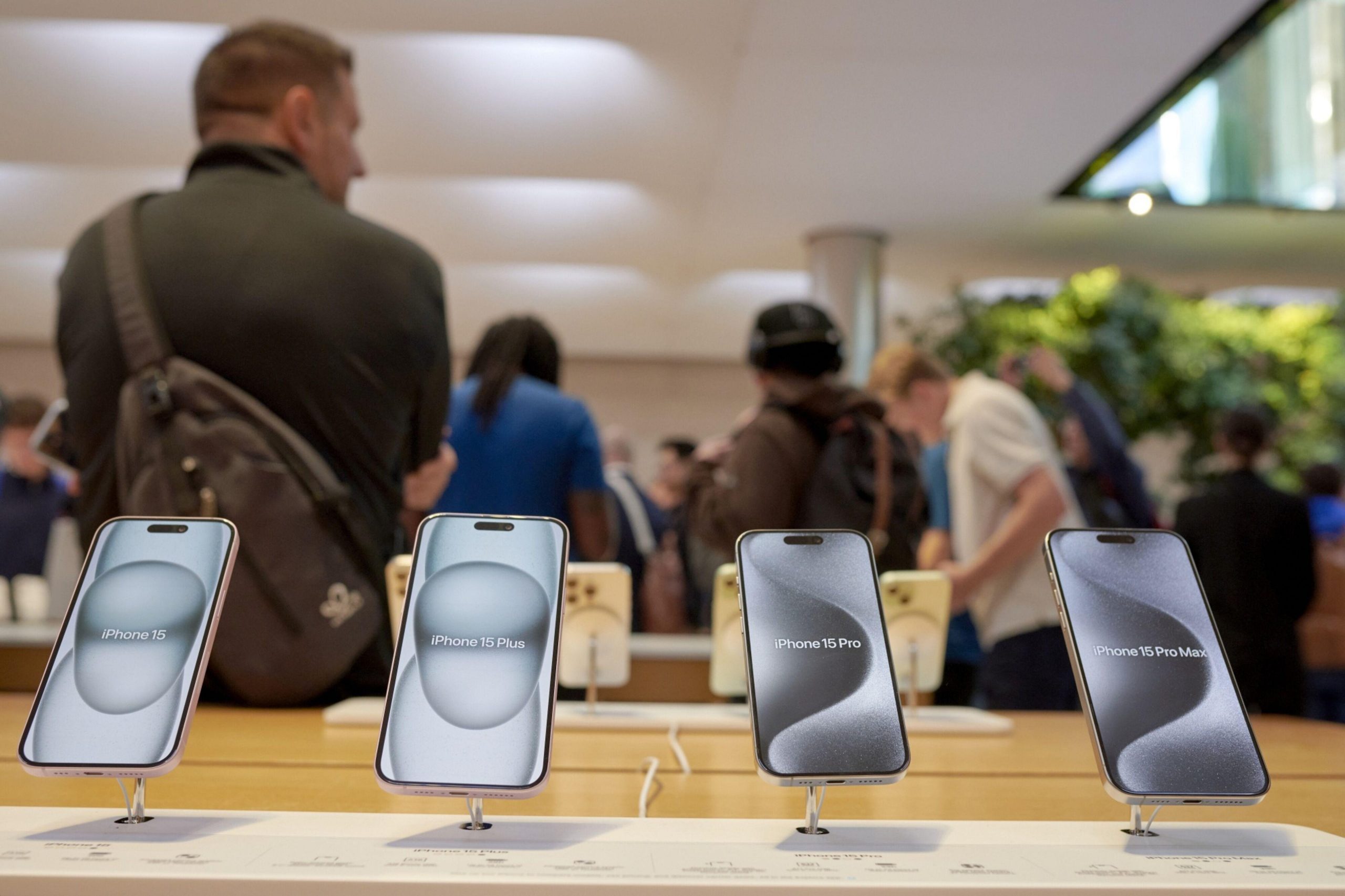By Mark Gurman
Apple Inc.’s senior executive overseeing touch-screen technology, health sensors and the company’s Face ID interface is leaving the company, according to people with knowledge of the matter.
Steve Hotelling, most recently a company vice president, is retiring from Apple, said the people, who asked not to be identified because the move hasn’t been announced. He had reported to Johny Srouji, senior vice president of hardware technologies.
Hotelling’s work included some of Apple’s most complex and critical technologies for the iPhone, iPad and Apple Watch, as well as the upcoming Vision Pro headset.
The executive is named on hundreds of patents, including ones related to the iPhone and iPad’s multitouch screen, and known for being one of the inventors of Touch ID — a key feature for authenticating users on Apple devices. “No one was more brilliant than Steve,” said a longtime peer at the company.
A spokeswoman for Cupertino, California-based Apple declined to comment on the departure.
Hotelling also oversaw the company’s camera engineering team and was involved in efforts to develop custom sensors. Apple has increasingly made photography one of the foremost selling points of its devices. In addition, Hotelling led depth-sensing technologies for augmented reality and work on components behind haptic feedback and ProMotion high-frame-rate displays.
Another person who worked with Hotelling said that — outside of Apple’s chip efforts — he was the single greatest driver for innovation in its products. His responsibilities are being divided up between multiple of Srouji’s direct reports, including Alan Gilchrist, who took over managing the company’s camera and depth sensor teams. Another executive, Wei Chen, is in charge of many display technologies.
Hotelling represented Apple in multiple trials over his two-decade career with the company. He was a key figure in a case versus Samsung Electronics Co. over iPhone patents last decade, and most recently served as a key witness in a trial with Masimo Corp. That company has sued Apple over patents for health sensors.
The departure comes at a pivotal time for Apple’s hardware technologies group, which is working to replace many vital components with in-house technology. The organization recently shipped its first 3-nanometer Mac processors, a critical milestone. But other future technologies — such as a cellular modem, new wireless chips and Apple’s first microLED displays — have hit hurdles. The team is also in charge of a project to develop a noninvasive blood sugar sensor.
Note:- (Not all news on the site expresses the point of view of the site, but we transmit this news automatically and translate it through programmatic technology on the site and not from a human editor. The content is auto-generated from a syndicated feed.))



